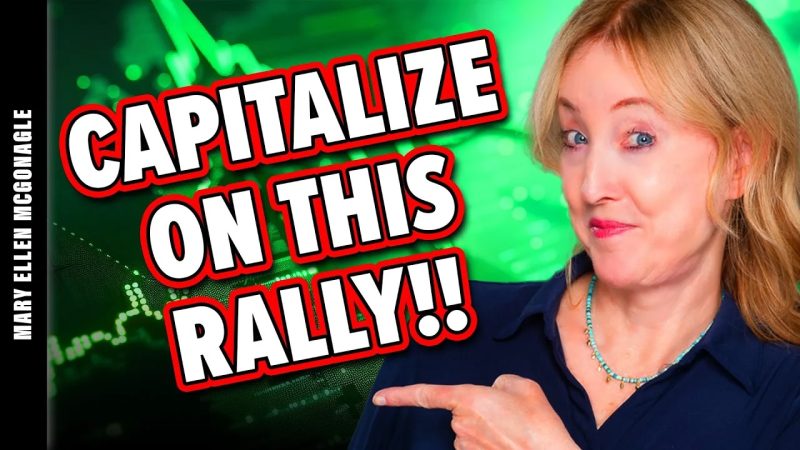As we delve into the intricacies of the stock market, one recurring phenomenon that grabs our attention is the apparent impact of elections on the market’s performance. The link between the political landscape and the economic milieu is quite pronounced, with notable effects apparent in events such as the ‘election rally.’ This essentially refers to a boost in the stock market, usually preceding or following a significant election event.
Elections are, without doubt, influential times in any country. The anticipation, the promises of change, and the speculation drive they trigger among investors often lead to an upswing in the market’s activity. This clearly establishes a link between political developments and economic trends.
During such heightened periods, there are strategies that investors can employ to capitalize on the election rally. These strategies require an understanding of the various aspects involved in the election process and the aftermath, as well as insight into the patterns that emerge in the stock market during such politically charged times.
Foremost, investors should focus on sector-based investment. As a new government ascends to power, it brings along a host of anticipated policies, reforms, and initiatives that are likely to benefit certain sectors more than others. Smart investors keep an eye on the campaign promises made by the leaders and potential sectors of the economy that might be positively impacted by those promises.
In the same vein, it’s crucial for investors to keep abreast of the political environment and predictions prior to actual election dates. The reason being that investors tend to speculate on the results and sell or buy shares depending on their expectations. There is often a surge in certain sectors even before the election, based on speculated outcomes. Staying informed and updated can allow investors to gain profits, provided speculations align with actual results.
Another key strategy is diversification. Instead of focusing solely on domestic markets, investors can also look at global markets. This approach relatively insulates them from the unpredictability associated with single markets, providing an overall steadiness in their investment portfolio.
Furthermore, utilizing tools and resources such as political and economic forecasts, analytical reports, and expert opinions can help investors make informed decisions. By considering various sources of information and conducting thorough research, investors can anticipate market trends and make strategic moves.
Timing is another significant variable while capitalizing on election rallies. Being able to accurately predict when the rally will commence and how long it will sustain largely determines the investor’s success. This, again, necessitates a comprehensive understanding of how political events usually affect the market and the duration of their impact.
Lastly, even though election rallies seemingly offer an attractive opportunity for making lucrative investments, it is important to remember the risk involved. Just as the outcome of an election is uncertain, so too is the stock market. It is, therefore, essential to not be excessively swept up by the frenzy of the election rally and keep a balanced perspective, making calculated and measured decisions.
In conclusion, while election rallies can provide interesting investment opportunities, capitalizing on them requires a deep understanding of the interplay between politics and the economy, sound investment strategies, and a thoughtful risk-appraisal. By thinking ahead and staying informed, investors can potentially leverage off these dynamic periods and successfully navigate the waves of an election rally.
